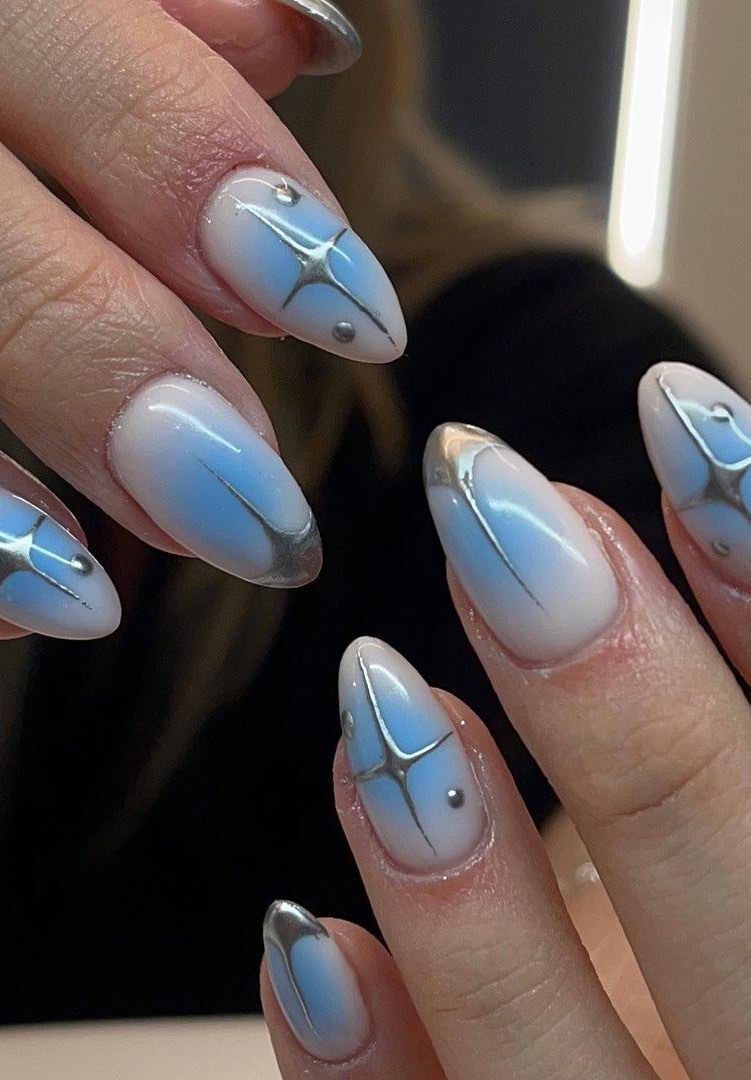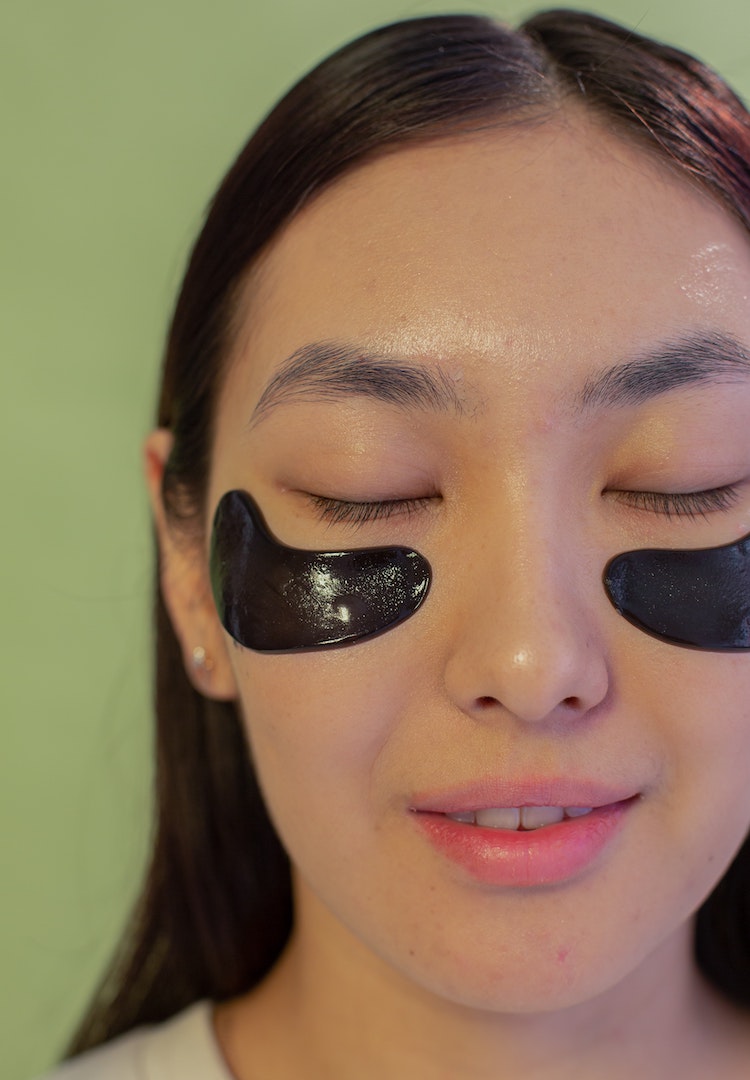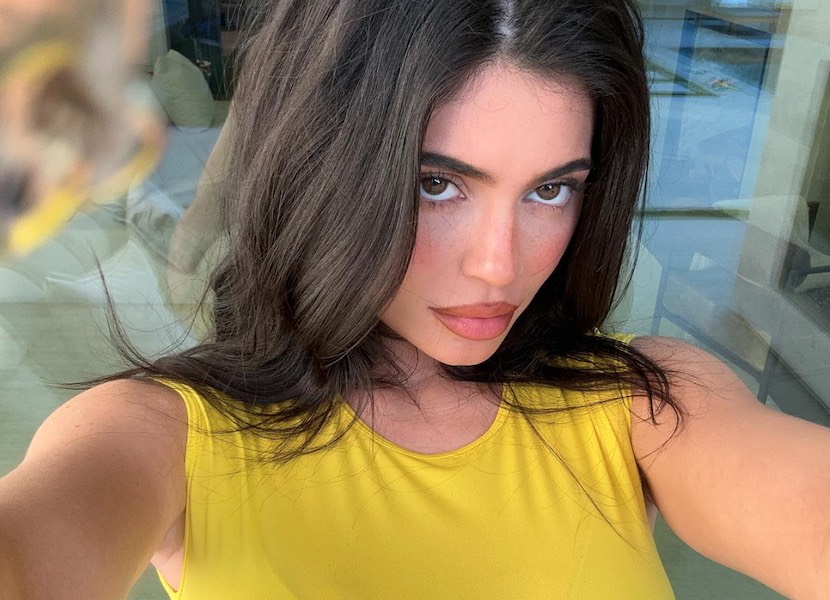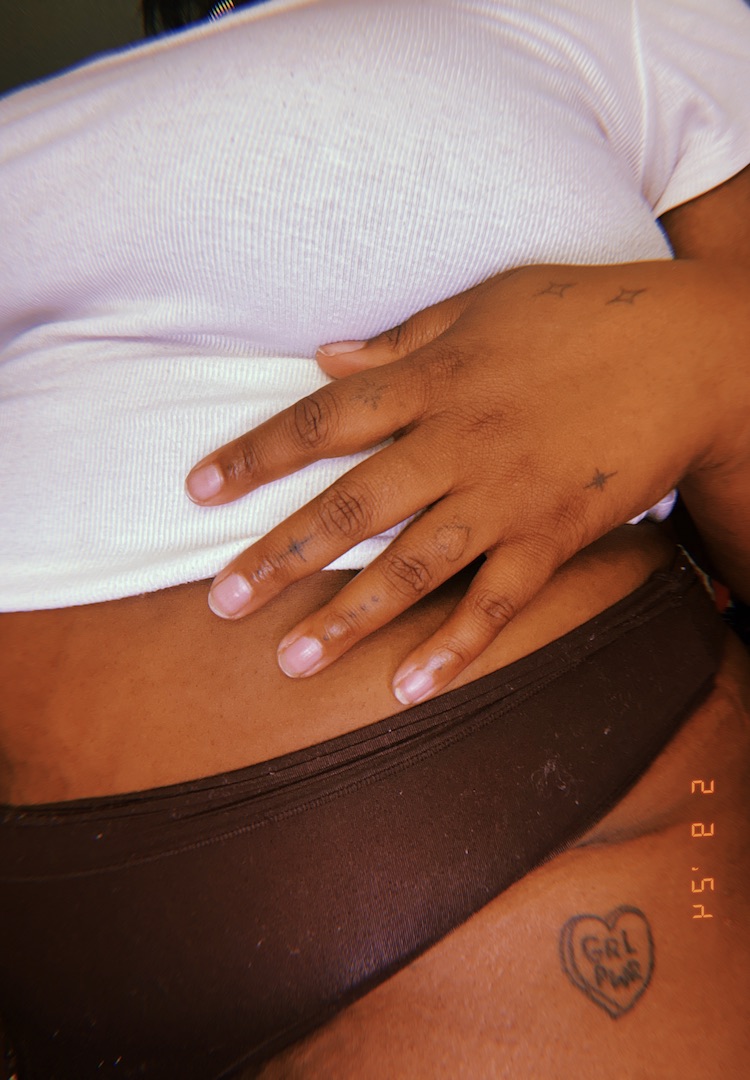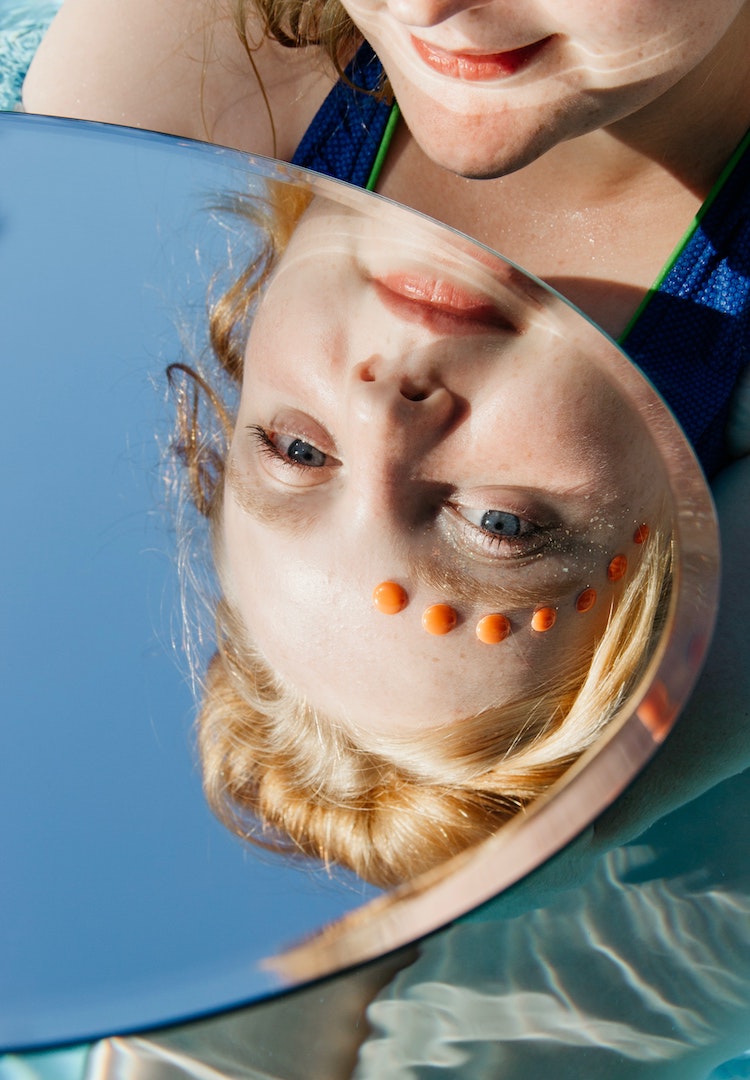Should famous people ‘own up’ to cosmetic intervention?
IMAGE VIA @kyliejenner/instagram
WORDS BY BAILEY PETTS
To share or not to share, that is the question.
Whether it’s surgical or non-surgical enhancement, the pressure on famous people to share exactly what bodily or facial intervention they’ve had has become more intense in recent years. You’ll struggle to look at images of Bella Hadid, Selena Gomez or Kendall Jenner without seeing numerous comments questioning what work they’ve had done.
Even before Bella Hadid felt the need to admit to nose surgery at the painfully young age of 14, there were innumerable ‘before and after’ photos for all to inspect and judge. More than ever before, we’re obsessed with knowing exactly what people of influence have done to the bodies and faces they were born with.
We like nosy people. Don’t be shy, head to our Beauty section for more.
But will famous people disclosing all the details of their cosmetic interventions aid or hinder our own issues with our appearances? I spoke to Dr Sarah Bonell, a body image lecturer and researcher at RMIT University, to help me better understand the discourse around cosmetic intervention and whether celebrities should disclose their treatments and surgeries.
Why does it feel like a relatively recent ask for stars to ‘own up’ to their cosmetic interventions?
Dr Bonell believes this is down to the “introduction of social media because, in the past, even when stars were engaging with ‘body alteration’ or cosmetic surgery, you’d only see them in film and TV which are things you could escape from”.
“People weren’t glued to a screen 24/7, whereas now celebrities, even if they are TV or film stars, are also influencers. You can’t be one without being the other. This means they’re accessible constantly, and people are constantly seeing pictures of them,” she tells me. According to Dr Bonell, this anger-fulled demand for transparency around cosmetic intervention is because celebrities are now visible on anyone’s phone “morning, noon and night”.
When people become famous, do we have a right to know what cosmetic intervention they’ve had?
“We don’t have a right to it,” says Dr Bonell. “Celebrities are still people and entitled to their privacy but there’s definitely a demand for it at the moment.” Despite the “big discourse around openness about cosmetic surgery”, Dr Bonell doesn’t believe that this openness will “make body image issues go away”.
While we might not know exactly what influencers and influential people have had done, she wonders (based on arguments within the academic space) whether “if there was that transparency, if influencers did say every single thing they’ve had done, all that would do is inspire young people to go and get those exact same procedures”. She worries the response to transparency might be ‘Oh, that’s how I can achieve that look!’, whereas with concealment, “it stops it from being a how-to guide”.
“We don’t really have the research yet to indicate whether the transparency would help with body image at all but it doesn’t seem like it would,” she continues. She believes the demand for transparency from celebrities has become more prevalent as our beauty standards have become increasingly unattainable. This has, in turn, seen an increasing number of people seeking a solution for their appearance-related issues and celebrities have become an easy target.
Is the subtle nature of modern cosmetic enhancement why it feels more duplicitous when stars don’t admit to it?
“The more ‘apparent’ work [that’s done] isn’t necessarily looked upon with fury when the public finds out,” says Dr Bonell, but it does seem to annoy the internet when something quite obvious still isn’t admitted to, especially with the likes of the Kardashians. In recent years though, cosmetic enhancement has become much more advanced and it can be increasingly hard to detect when people, particularly celebrities, have had subtle, artfully done ‘tweakments’ to their appearance.
“Generally, [cosmetic aid] works to enhance your appearance, not change the entire set up of your face,” she tells me. But this brings forth another dilemma, where celebrities are “capitalising on ‘natural beauty’ without it being natural”. As Dr Bonell notes, celebrities who pretend they haven’t had work done get to evade the stigma of having had cosmetic interventions, yet still reap the benefits of these subtle, natural-looking enhancements to their face and bodies.
What can we do to protect ourselves against our obsession with perfection?
“It shouldn’t just be down to us. It needs to be a societal push,” she tells me. Dr Bonell believes that “forcing celebrities to admit to their work isn’t going to cut it”. It requires platforms like TikTok to make stricter regulations on the kind of content we’re constantly exposed to.
On a personal level, Dr Bonell encourages people to engage “with body neutrality rather than body positivity (which has been distorted over the years)”. Limiting social media can be a tall order, so working on self-acceptance rather than trying to force yourself to fall in love with your body or your face can be the most rational and realistic approach to becoming comfortable with your appearance.
It’s not the responsibility of celebrities to rid themselves of privacy and ‘own up’ to cosmetic enhancements just because the public demands it, but we can choose to curate the content we take in. We can choose to practice body neutrality and we can choose to accept that our appearance doesn’t have to be the most important and interesting element of who we are.
For more on body neutrality, try this.

